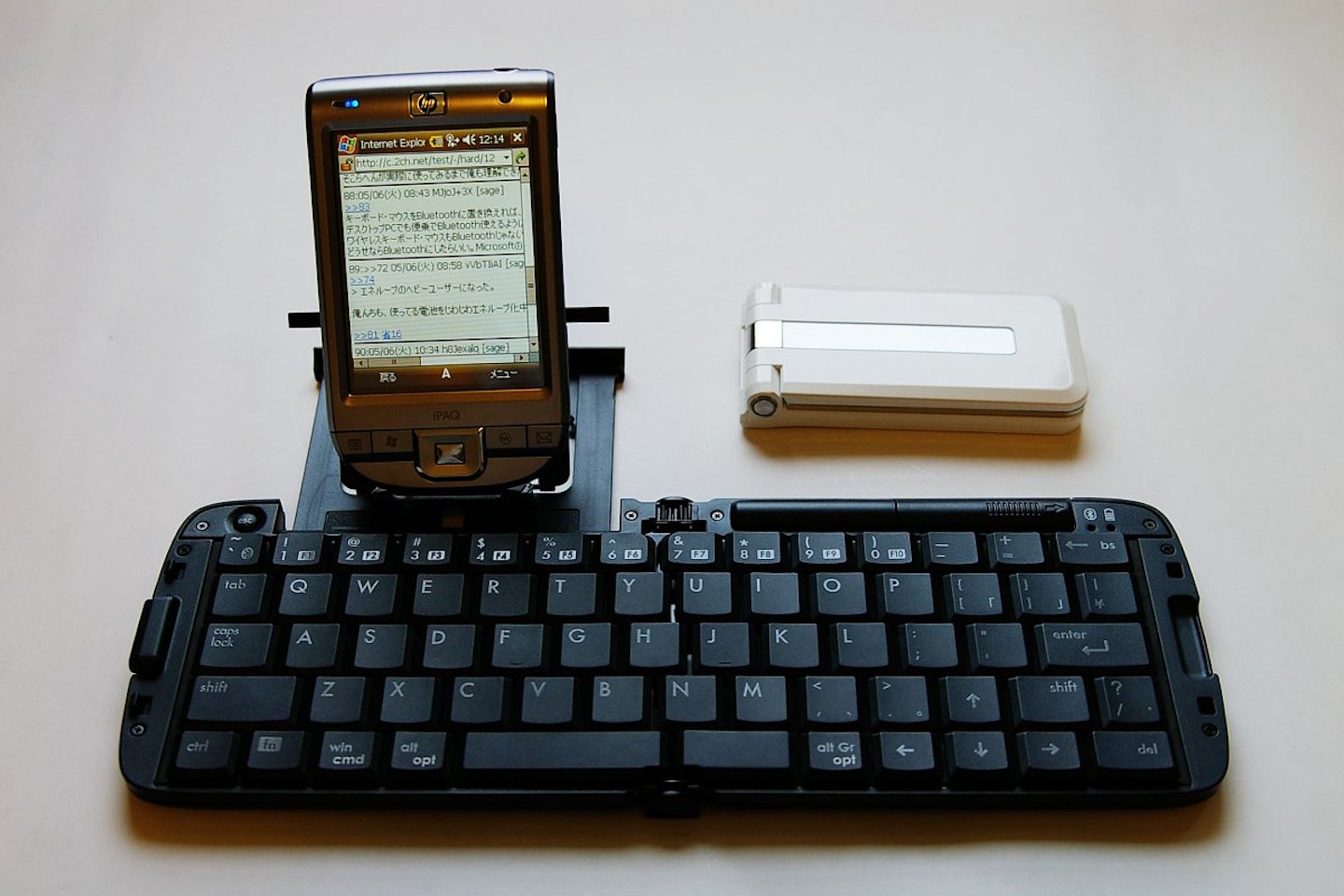Rather than Expanding Broadband, the FCC Wants to Count Cell Service as Internet

Credit to Author: Kaleigh Rogers| Date: Thu, 10 Aug 2017 17:11:50 +0000
For many Americans without access to high-speed internet, their options for getting online are pretty limited: go to the library, go to McDonald’s, or eat up their data limit on their cell phone.
Now, in a move that would seriously oversell the number of Americans who have real access to high-speed internet, the Federal Communications Commission is considering including that last option—using your phone’s data plan to access the internet—in its definition of “broadband access.” In other words, if this change is made, using your phone would be considered just as good as having high-speed fiber to your door.
If this definition were changed, it would be a serious blow to the estimated 19 million Americans who still lack access to high-speed internet. It would effectively reduce the number of those Americans who are considered “unserved,” covering up the problem and reducing the incentive for internet service providers to try to reach them.
This is in spite of the fact that cell service, which is often slower, more expensive, and comes with data caps, is simply not the same as home internet access. The inquiry makes sure to highlight that “productivity applications once confined to personal computers are
now commonly available on mobile devices, including the Microsoft Office Suite, Intuit QuickBooks, Google Drive, and Adobe Acrobat.” I mean, sure, you can technically use Word on your phone, but try writing an essay or filling out an inventory report with just your thumbs and you’ll realize why home internet is so important. (It’s also possible to tether a computer to a phone for internet, but it’s not a long-term solution for anyone on a data plan.)
Read more: The Town That Had Free Gigabit Internet
This proposal, which Ars Technica first reported Wednesday, appears in the FCC’s annual broadband inquiry. It’s open for comment now, and poses a number of questions that basically boil down to “what’s the difference, really?” The inquiry suggests that 10 megabits per second mobile download speeds and 1Mbps upload speeds are the equivalent of broadband (which the FCC has previously defined as a minimum of 25Mbps download speeds and 3mbps upload speeds).
Just last year, the FCC reported that access to internet means Americans need access to both broadband and mobile, not one or the other. But it’s not all that surprising that Ajit Pai, President Donald Trump’s FCC Chair, is pushing back against that sentiment. The anti-net-neutrality Pai has been critical of the FCC’s broadband stance for years, and has long argued that using a cell phone was good enough.
But the FCC must consider the public comments, which will be rolling in until September, and there are still rural access allies on the commission, including former chair Mignon Clyburn. At a rural broadband summit in June, Clyburn told me that she’s more committed than ever to ensuring better access for all Americans.
“If we stay in our silos in Washington, DC, and just look at numbers, we miss the big picture, we miss the small picture, and we’re not good public servants,” Clyburn told me. “Some of the issues that we thought we were way beyond—landline voice service, for example—is still a problem here. We just have not done the greatest of jobs.”
Get six of our favorite Motherboard stories every day by signing up for our newsletter.